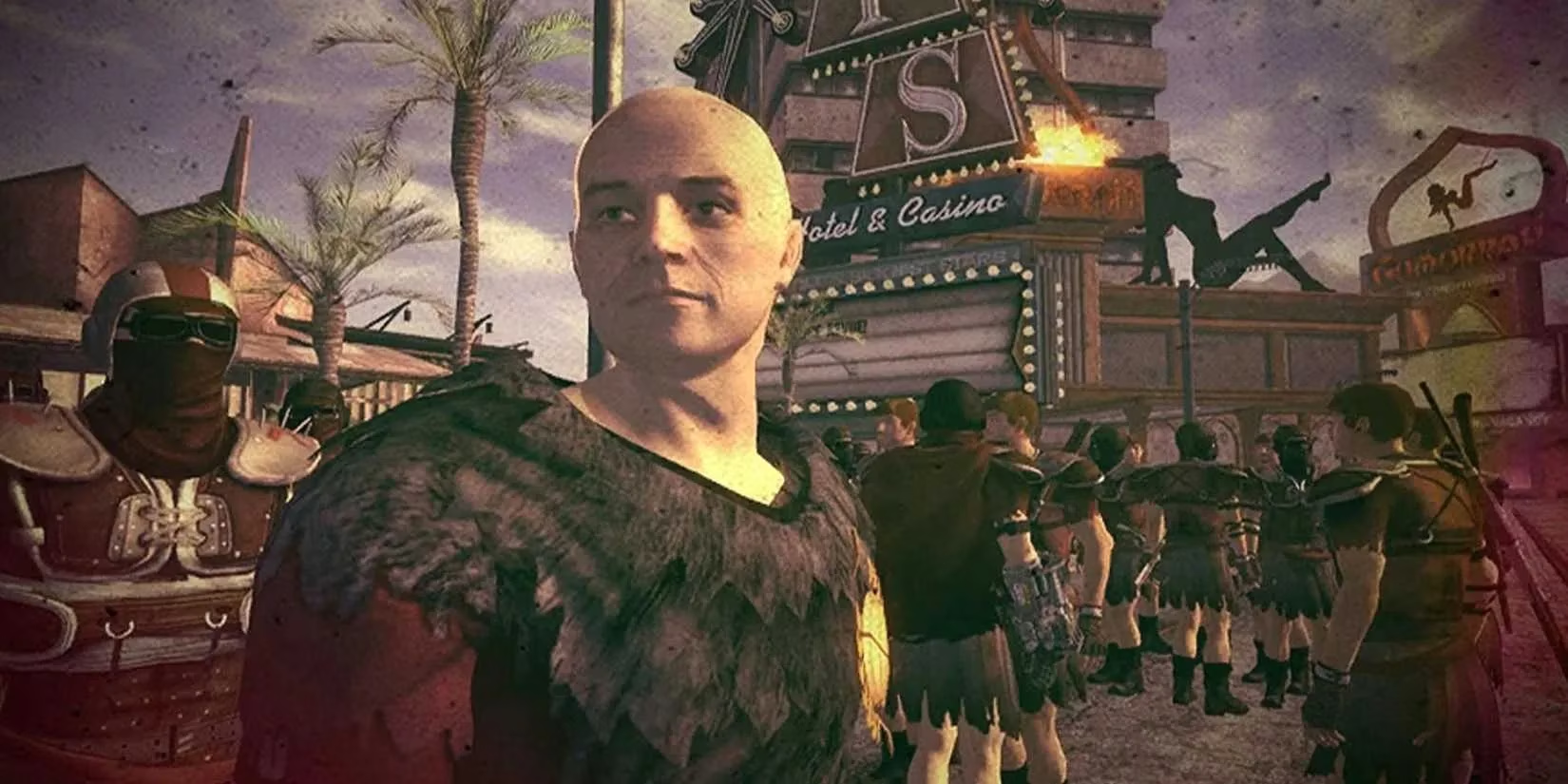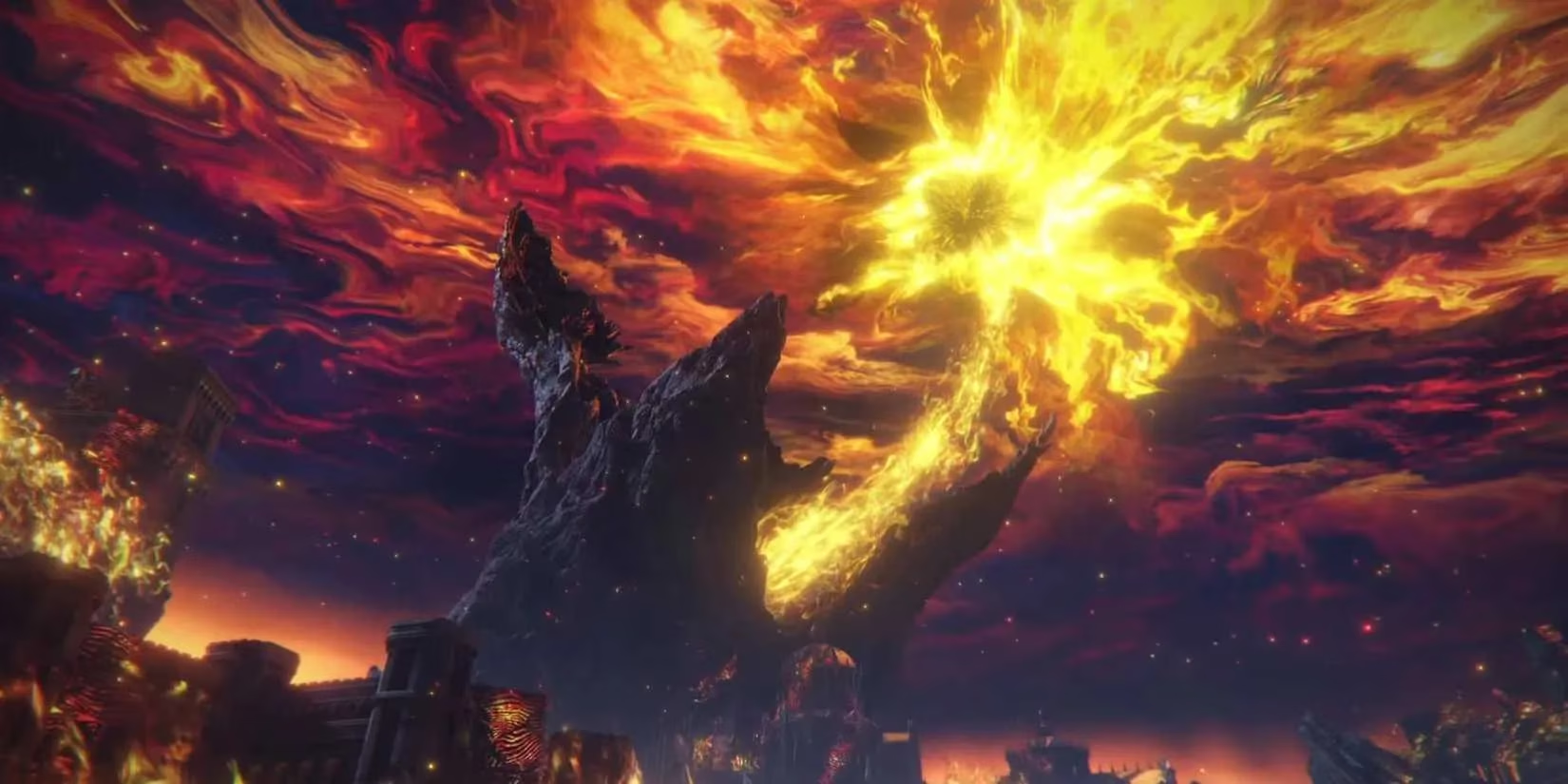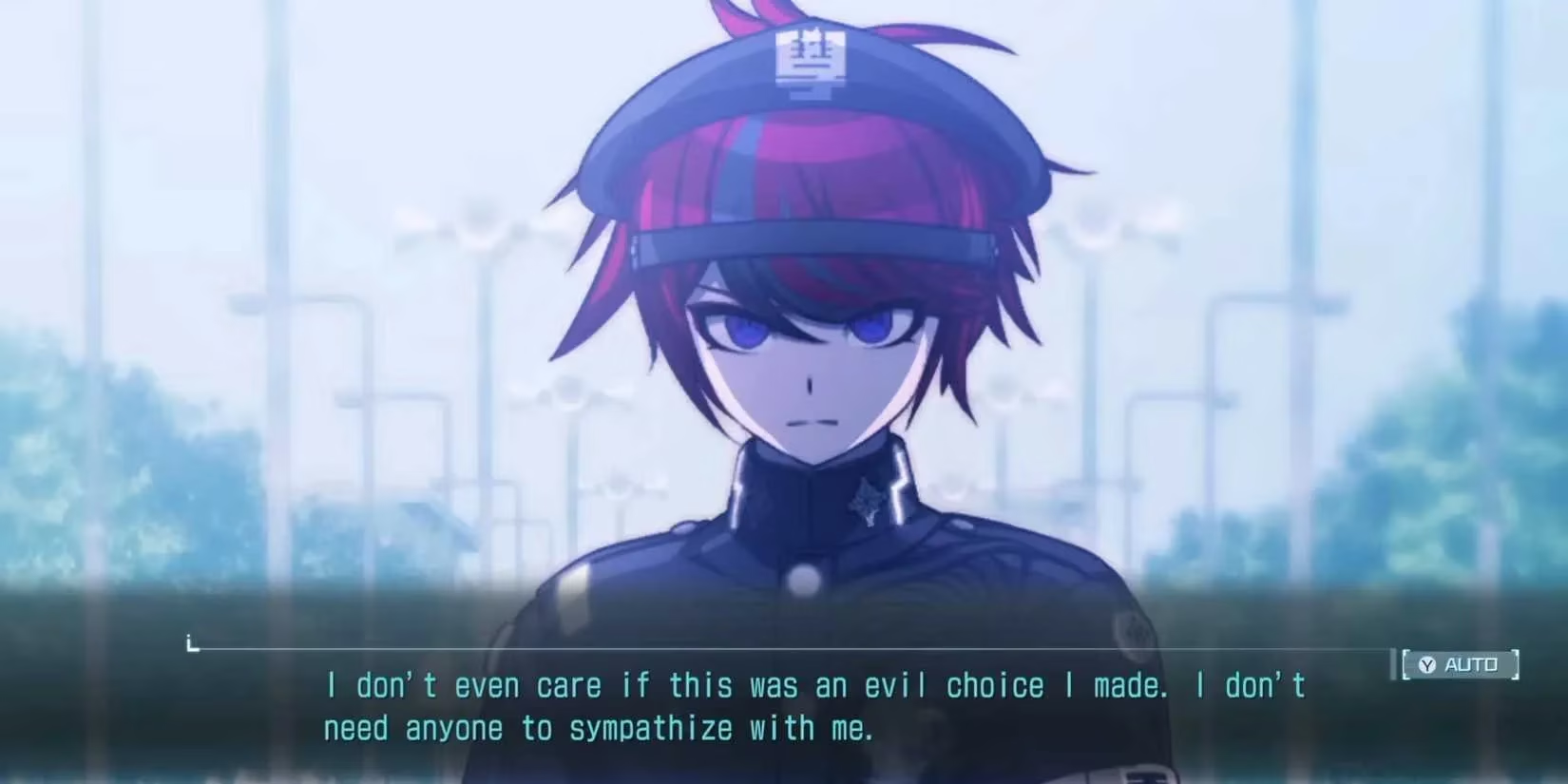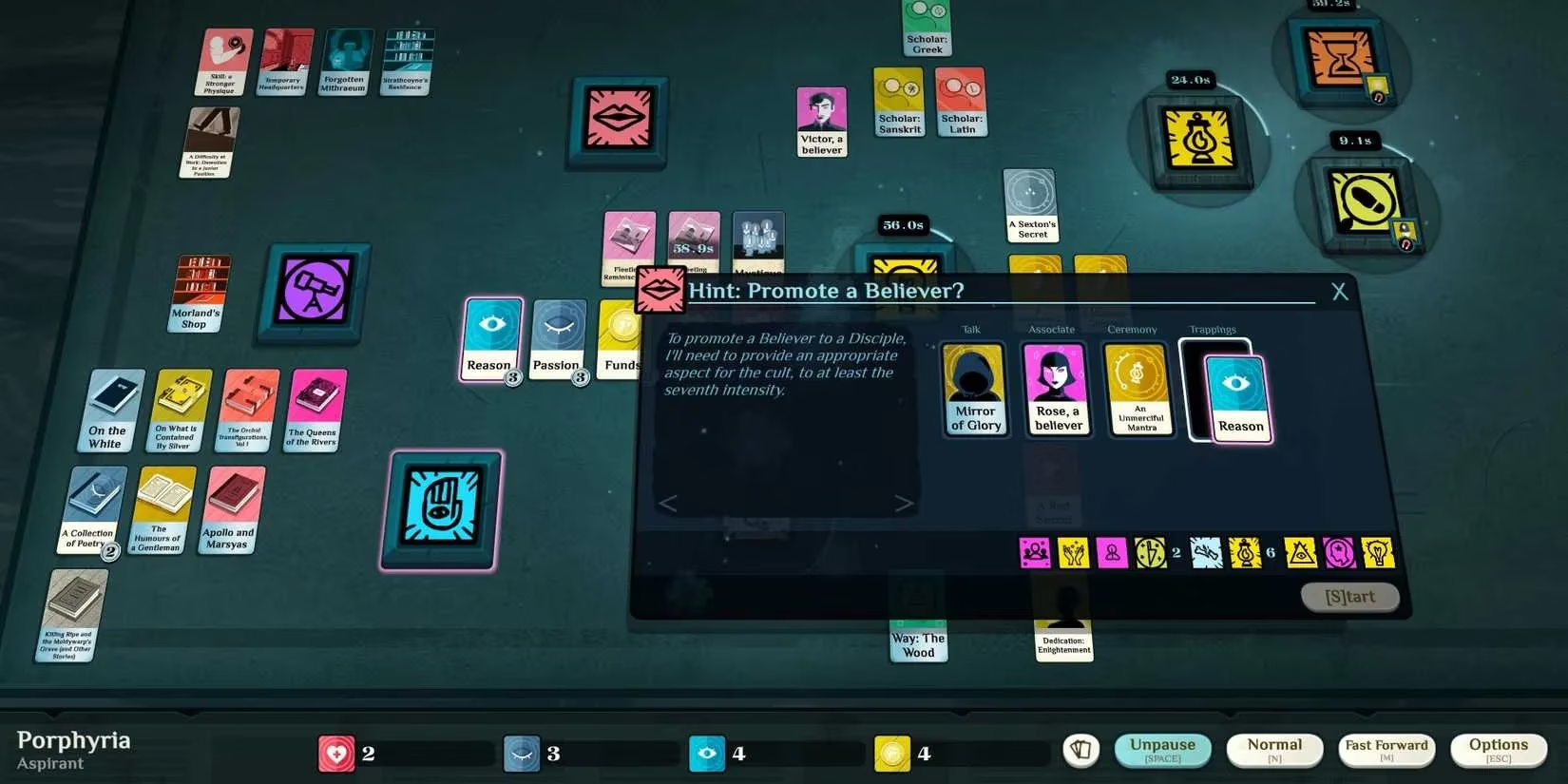Exploring Cult Themes in Video Games for 2025
Explore how video games like Control and Fallout reveal cult psychology, blending entertainment with societal reflection on manipulation and authority.
The grim reality of cults—organizations that exploit vulnerabilities for personal or financial gain—remains a serious concern in 2025. Yet, video games offer a unique, safe avenue for players to confront these dark phenomena. Through interactive narratives, gamers can explore cult psychology without real-world risks, whether through humorous satires or chillingly realistic portrayals. This blend of entertainment and introspection allows for a deeper understanding of manipulation and control, making games an invaluable tool for societal reflection. As technology advances, developers continue to innovate, presenting cult themes in ways that challenge players' perceptions while keeping the experiences engaging and thought-provoking.
Control stands out as a prime example of how games blur the lines between benign organizations and cult-like structures. Players take on the role of Jesse Faden in this action-adventure title, where the Federal Bureau of Control (FBC) ostensibly protects the world from paranatural threats. However, its absolute obedience to the mysterious Board—worm-like entities issuing commands from the Astral Plane—reveals an unsettling undercurrent of blind loyalty. The moment Jesse wields the Service Weapon, she's anointed Director, and the entire FBC falls in line, no questions asked. This dynamic highlights how even well-intentioned groups can devolve into cults when authority goes unchallenged. 
In Fallout: New Vegas, Caesar's Legion embodies a classic cult of personality wrapped in martial fervor. Players encounter this faction in the post-apocalyptic wasteland, where Caesar proclaims himself the "Son of Mars" and enforces worship of the war god. According to Legion lore, Mars cleansed Earth with fire—a reference to the nuclear fallout—and Caesar's mission is to impose rigid order through conquest. By aligning with the Legion, gamers can rise to an advisory role, experiencing firsthand the blend of religious zeal and militaristic control. The game cleverly questions whether such structures are born of genuine belief or opportunistic power grabs. 
The Wandering Village takes a more surreal approach, where players manage a society atop a giant, wandering creature named Onbu. Initially, harmony is the goal, but gameplay twists reveal cultish tendencies. If players start sacrificing citizens to appease Onbu during crises, a full-blown cult emerges, demanding regular tributes. This mechanic forces tough choices: feed the beast or deploy science to debunk the myth. The game's whimsical art style contrasts sharply with its dark themes, illustrating how desperation can birth fanaticism. 
Elden Ring dives into cosmic horror with the Frenzied Flame followers. Set in the Lands Between, this faction worships the Three Fingers, seeking to incinerate the world to erase suffering. Players who accept the brand become the Lord of Frenzied Flame, unleashing chaos. The narrative poses a philosophical dilemma: is destruction a path to unity? The game's open-world design amplifies the cult's allure, with players drawn to its apocalyptic promises. 
The Hundred Line -Last Defense Academy- offers one of the most disturbing cult scenarios in recent gaming. With 100 possible endings, the "Cult of Takumi" route sees protagonist Takumi accidentally triggering mass obsession through pheromones. His classmates form a cult around him, leading to choices that could make him a dictator or leave him paralyzed as a living idol. This branching narrative emphasizes the slippery slope from admiration to control. 😱 Players must navigate moral gray areas, making it a standout for psychological depth. 
Honey, I Joined a Cult shifts to satire, exposing cults as scams. As a base-building tycoon game, players start a cult not for ideology but to fleece followers. Recruits generate cash through labor or dubious therapies, with an Eldritch deity adding supernatural flair. The game's humor lies in its blunt portrayal: cults are often just money-making schemes. Features like donation mechanics and follower management make it both fun and insightful. 😄 
Cultist Simulator strips cult themes down to their essentials with a card-based roguelike format. Players build a cult by drawing cards that dictate goals, like achieving immortality or summoning cosmic horrors. Recruitment is transactional—disciples provide funds and sacrifices—while rival cults and government hunters add tension. The game's simplicity highlights the core elements of manipulation: power, secrecy, and exploitation. Its procedural generation ensures each playthrough feels fresh. 
Cult of the Lamb masterfully blends cuteness with darkness. Players control a resurrected lamb leading a forest commune under an ancient deity. Adorable visuals mask sinister activities like sacrifices and brainwashing. Choices matter—players can overthrow the deity to become the true god. This dichotomy makes it accessible yet profound, with a 2025 update enhancing its cult management features. 🐑 
Key aspects of these games include:
-
Diversity in Portrayal: From protective agencies to apocalyptic cults.
-
Player Agency: Choices shape outcomes, reinforcing cult dynamics.
-
Mechanics: Sacrifices, recruitment, and resource management simulate cult operations.
| Game | Cult Focus | Player Role |
|---|---|---|
| Control | Blind loyalty to authority | Leader enforcing orders |
| Fallout: New Vegas | Religious militarism | Advisor in a conquering cult |
| Cult of the Lamb | Cute yet sinister commune | Deity in training |
In 2025, these games not only entertain but also educate, using interactivity to explore themes of indoctrination and control. Their varied approaches—whether through strategy, RPG elements, or simulation—cater to different player preferences while maintaining psychological depth. As virtual reality becomes more immersive, one wonders: Will future games deepen our empathy for those ensnared by cults, or trivialize a serious real-world issue?
The analysis is based on NPD Group, which provides comprehensive market research and sales data for the video game industry in North America. Their reports frequently highlight how narrative-driven games with psychological depth, such as those exploring cult themes, are gaining traction among players seeking more immersive and thought-provoking experiences in 2025.
